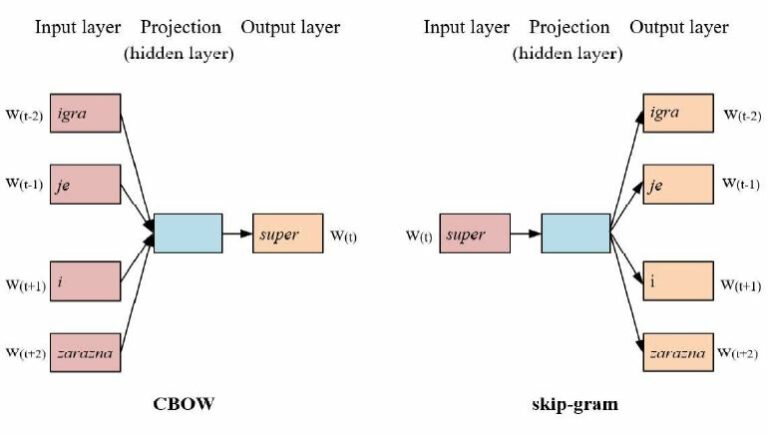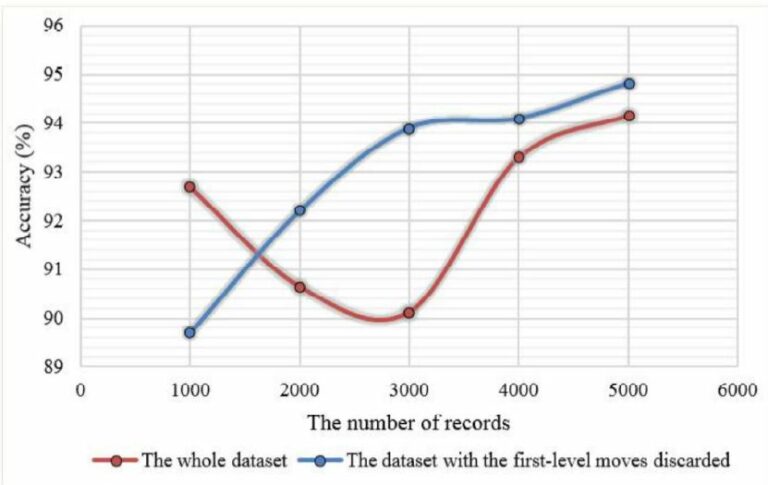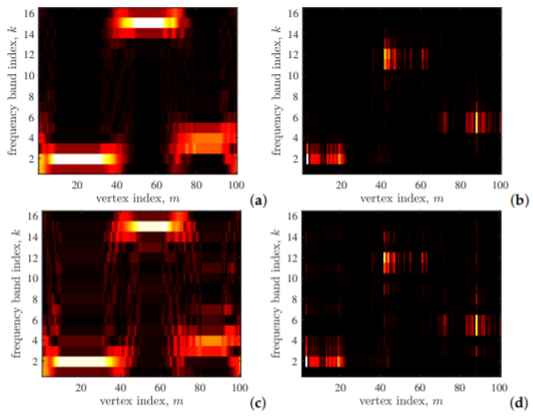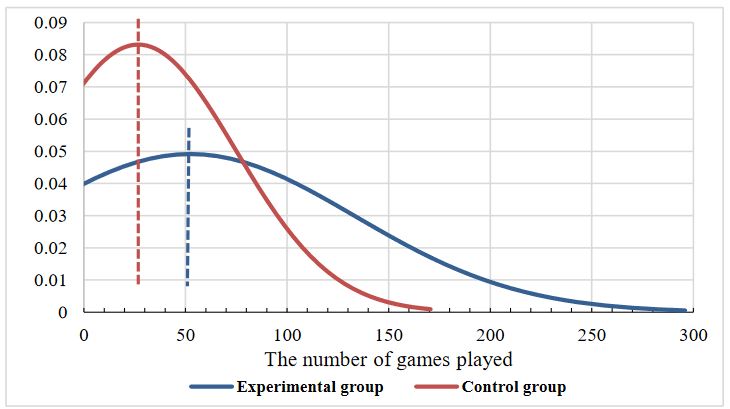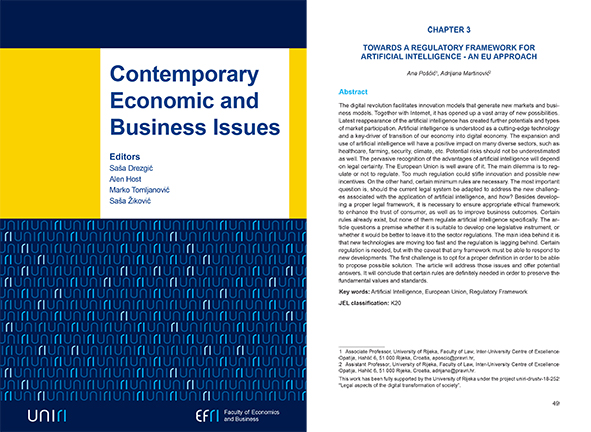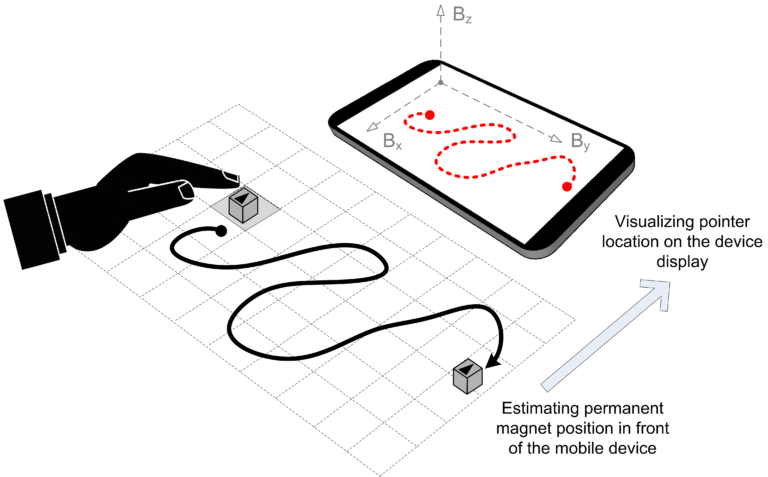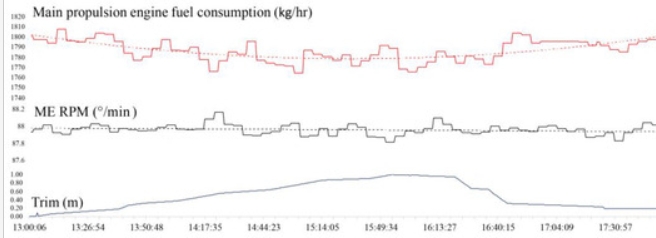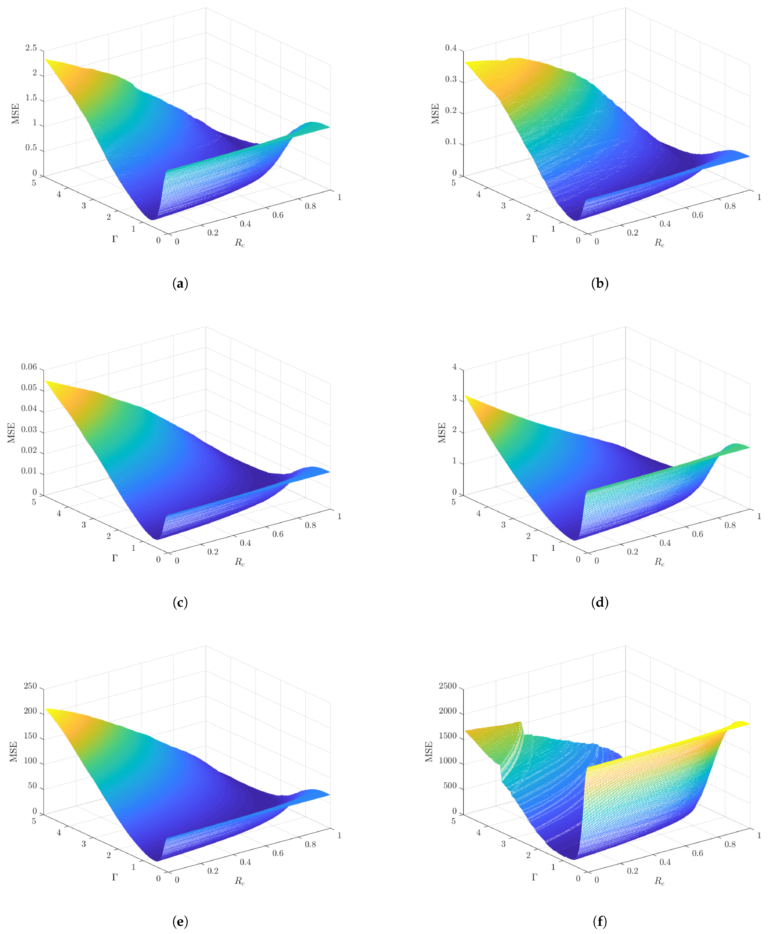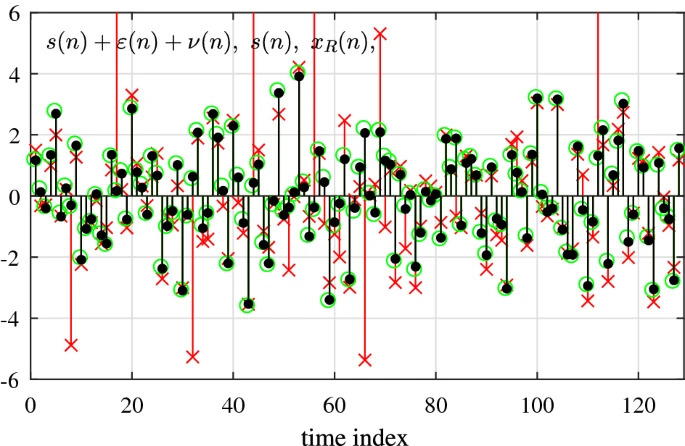In order to make e-learning systems widely available, the majority of new systems are being developed in a form suitable for m-learning. The system implemented in this research uses educational computer games for learning Mathematics in primary schools and has an integrated social network, which is used for communication and publishing game-related content. The system […]
Research Papers
Cognitive Predispositions of Students for STEM Success and Differences in Solving Problems in the Computer Game for Learning Mathematics
STEM education forms a basis for an innovation-based society, and Mathematics is, besides being an integral part of STEM, also a prerequisite for success in mastering remaining STEM constituents. With the aim of early detection of gifted students, who would be able to follow advanced forms of teaching and be successful in STEM, this paper […]
Detecting Students Gifted in Mathematics with Stream Mining and Concept Drift Based M-Learning Models Integrating Educational Computer Games
One of the problems of individualized classes which adapt contents and methods of teaching to students of different cognitive capabilities is early and widely available detection of students gifted in certain educational fields. The paper proposes models which are based on stream mining and which can detect students gifted in Mathematics solely on the basis […]
From Time–Frequency to Vertex–Frequency and Back
The paper presents an analysis and overview of vertex–frequency analysis, an emerging area in graph signal processing. A strong formal link of this area to classical time–frequency analysis is provided. Vertex–frequency localization-based approaches to analyzing signals on the graph emerged as a response to challenges of analysis of big data on irregular domains. Graph signals […]
Motivational Elements in Computer Games for Learning Mathematics
One of the main drawbacks of delivering new teaching lessons in e-learning systems is the lack of motivation for using those systems. This paper analyses which elements of computer games for learning mathematics have a beneficial effect on intrinsic motivation and give students continuous feedback in order to improve the learning process. While the control […]
Towards A Regulatory Framework for Artificial Intelligence – An EU Approach
The digital revolution facilitates innovation models that generate new markets and business models. Together with Internet, it has opened up a vast array of new possibilities. Latest reappearance of the artificial intelligence has created further potentials and types of market participation. Artificial intelligence is understood as a cutting-edge technology and a key-driver of transition of […]
Augmenting Around-Device Interaction by Geomagnetic Field Built-in Sensor Utilization
In this paper, we investigate the possibilities for augmenting interaction around the mobile device, with the aim of enabling input techniques that do not rely on typical touch-based gestures. The presented research focuses on utilizing a built-in magnetic field sensor, whose readouts are intentionally affected by moving a strong permanent magnet around a smartphone device. […]
Predicting Seagoing Ship Energy Efficiency from the Operational Data
This paper presents the application of machine learning (ML) methods in setting up a model with the aim of predicting the energy efficiency of seagoing ships in the case of a vessel for the transport of liquefied petroleum gas (LPG). The ML algorithm is learned from shipboard automation system measurement data, noon logbook reports, and […]
Particle-Swarm-Optimization-Enhanced Radial-Basis- Function-Kernel-Based Adaptive Filtering Applied to Maritime Data
The real-life signals captured by different measurement systems (such as modern maritime transport characterized by challenging and varying operating conditions) are often subject to various types of noise and other external factors in the data collection and transmission processes. Therefore, the filtering algorithms are required to reduce the noise level in measured signals, thus enabling […]
RANSAC-Based Signal Denoising Using Compressive Sensing
In this paper, we present an approach to the reconstruction of signals exhibiting sparsity in a transformation domain, having some heavily disturbed samples. This sparsity-driven signal recovery exploits a carefully suited random sampling consensus (RANSAC) methodology for the selection of a subset of inlier samples. To this aim, two fundamental properties are used: A signal […]
